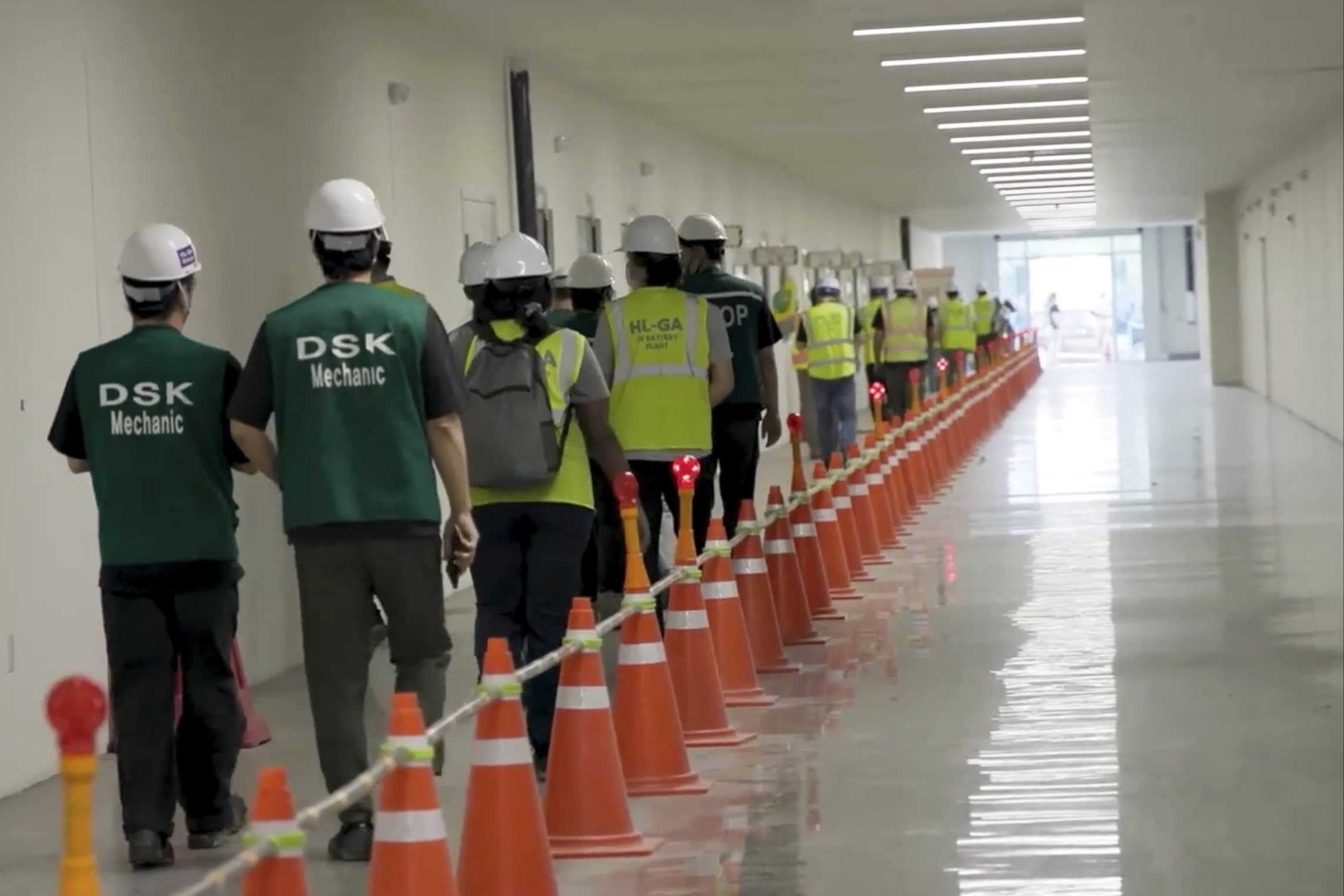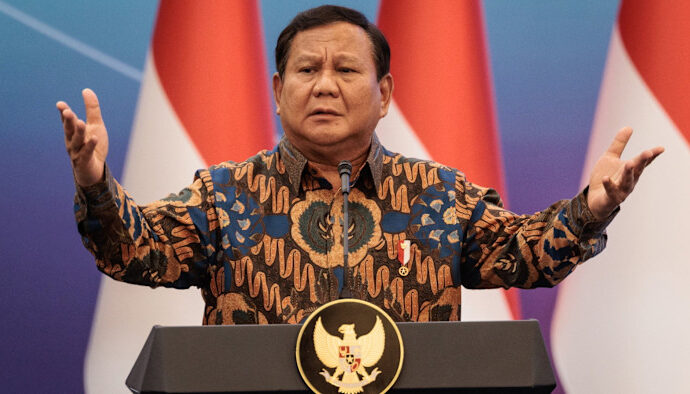South Korean companies have routinely used unsuitable visas for workers sent to the US to build multibillion-dollar advanced manufacturing sites, according to Seoul-based executives and industry groups.
The admission comes after a dramatic raid last week by US Immigration and Customs Enforcement (ICE) at a battery plant being built by Hyundai and LG in Ellabell in Georgia, which led to the detention of 475 workers, mostly South Korean nationals.
Several people familiar with Korean conglomerates in the US said it was an “open secret” that they and their subcontractors used the B-1 visa, which allows entry to the US for business purposes but does not allow the holder to work for payment, as well as the Electronic System for Travel Authorization (ESTA) system that facilitates short-term business visits.
“The business community, the Korean government and diplomats have been well aware of this problem all along,” an executive from a leading industry group said. “We are very worried that ICE can target other Korean facilities too because they have been following the same practices and have similar problems.”
The operation last week has provoked fury in Asia’s fourth-largest economy, after ICE released a video of Korean workers in yellow vests shackled at the ankles, wrists and waist during the raid, which involved helicopters, armoured vehicles and heavily armed agents.

A senior South Korean official said the companies had been placed in an “impossible position”, as successive US governments pushed them to invest billions of dollars in reviving American industry while refusing to facilitate short-term working visas for projects to be completed on time.
“The US government is two-faced,” said Chang Sang-sik, head of research at the Korea International Trade Association. “It is asking Korea to invest more in the US, while treating Korean workers like criminals even when it is well aware that they are needed for these projects to happen.”
While South Korea has a free trade agreement with the US dating back to 2012, it does not have a country-specific scheme for working visas, unlike several other FTA countries such as Singapore, Canada and Australia.
The South Korean official said Seoul had repeatedly raised the issue over the past two decades, but that these efforts had been rebuffed by successive US administrations, in part because the introduction of such a scheme would have to be endorsed by Congress.
The issue grew in salience during the presidency of Joe Biden, when South Korean companies attracted by generous federal subsidies from the administration’s flagship Inflation Reduction Act, as well as additional state and county-level inducements, pledged tens of billions of dollars to build factories producing chips, batteries and electric vehicles.
Jonathan Cleave, managing director for Korea at Intralink, a consultancy that supports foreign investment projects in the US, said that Korean companies had repeatedly raised the visa issue with the Biden administration, but that they had been told simply: “Hire American.”


